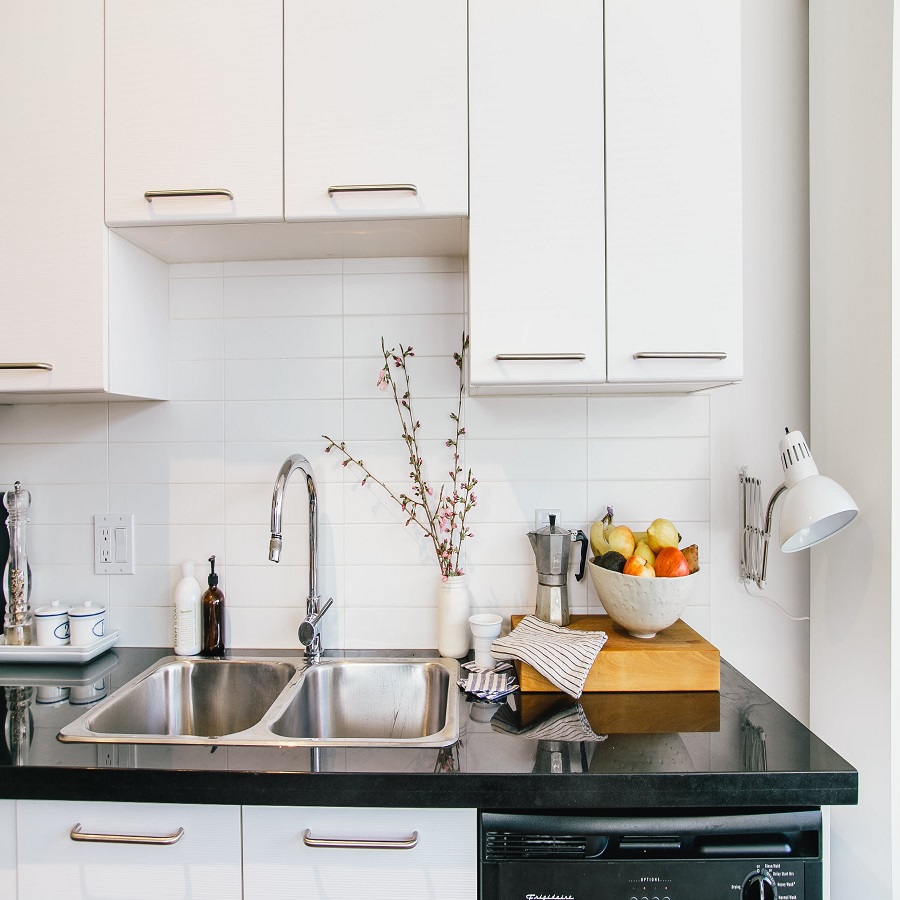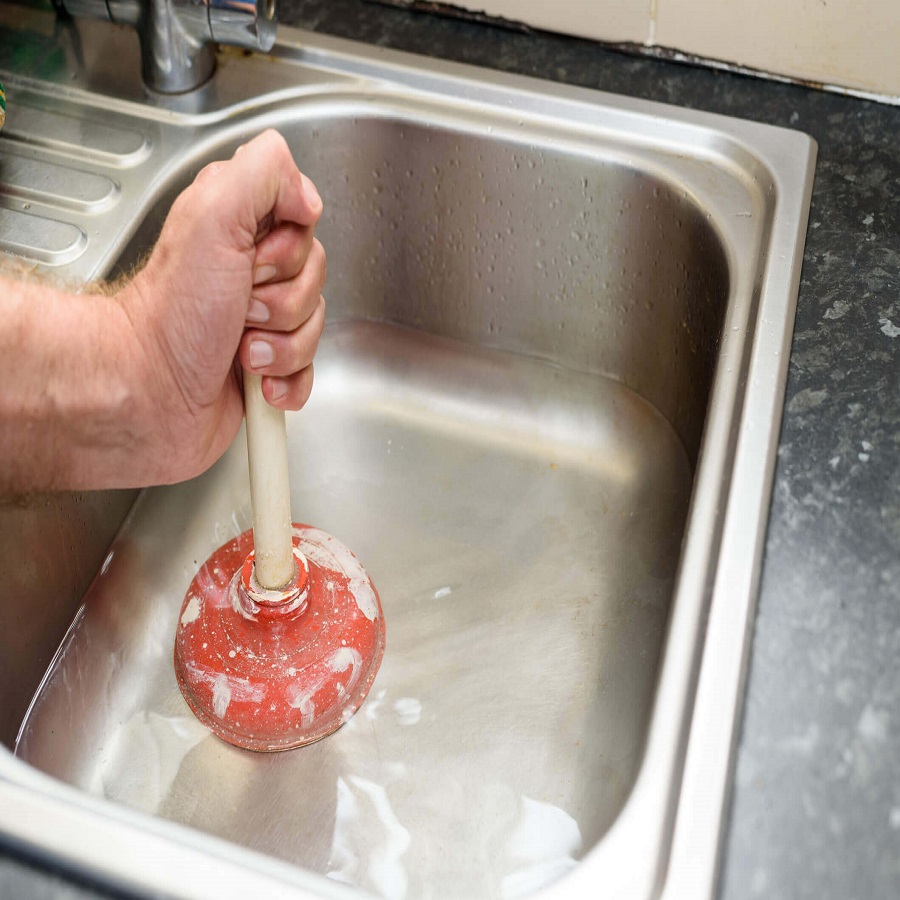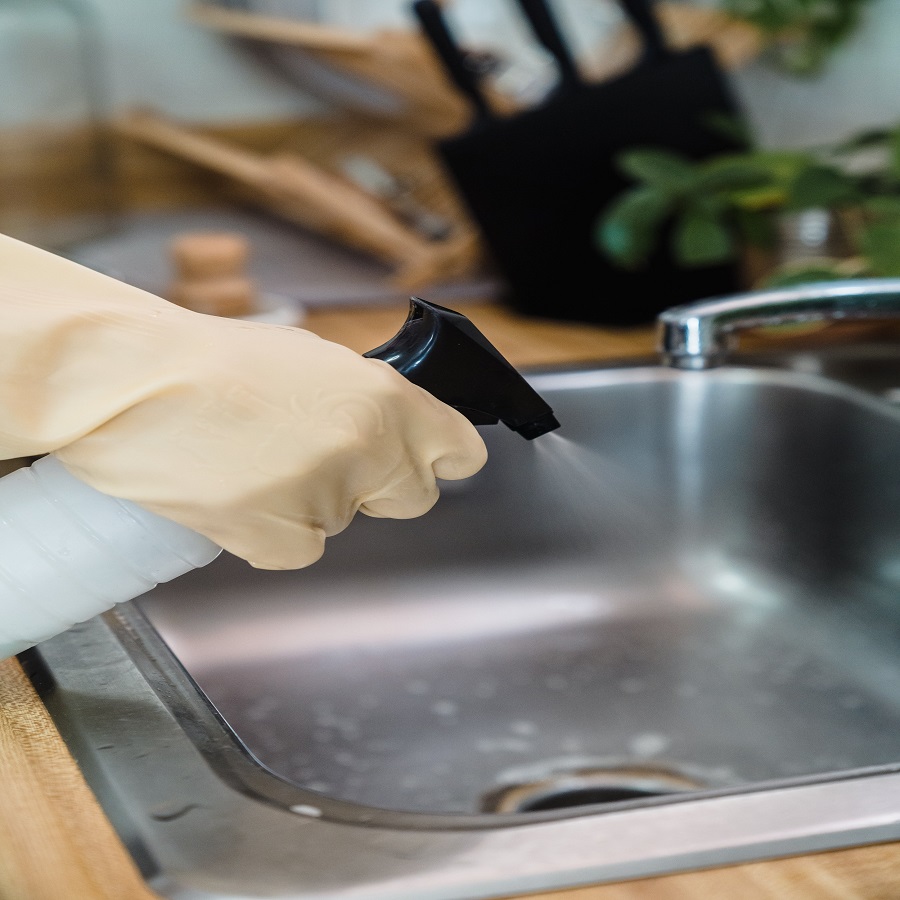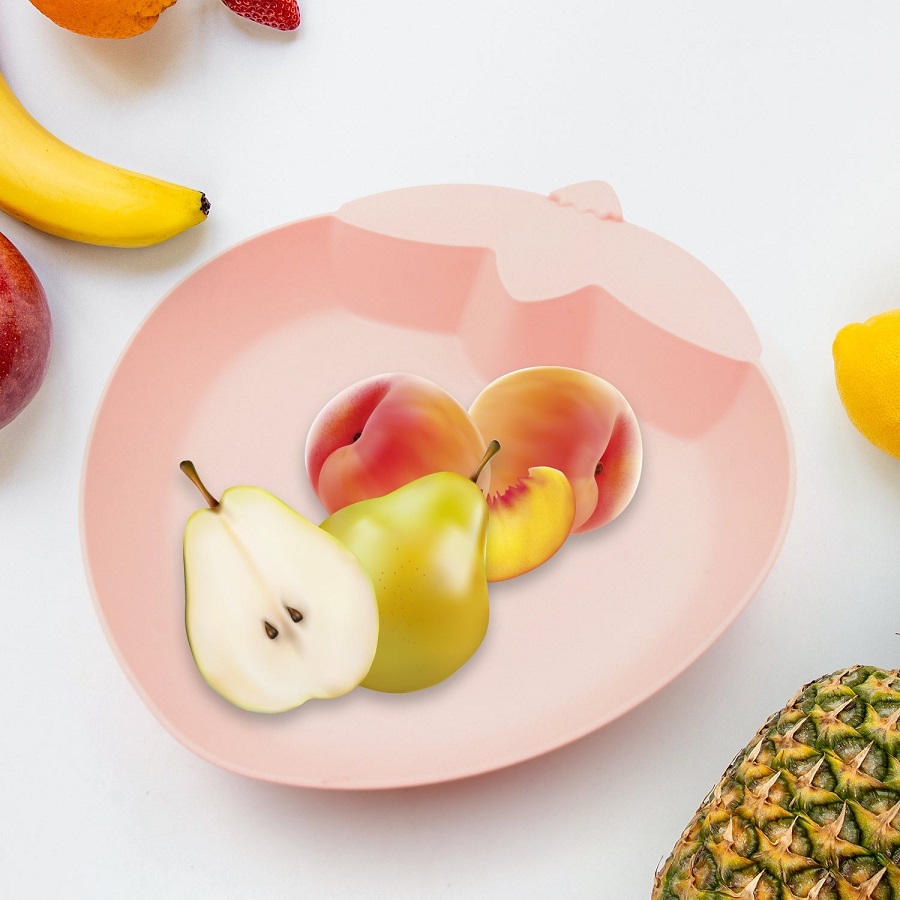Introduction
How to make kitchen sink smell better – The kitchen is often dubbed the heart of the home, a place where families gather, meals are prepared, and memories are made. However, it can also be the origin of unpleasant odors, particularly emanating from the kitchen sink. These smells can be off-putting and may suggest deeper plumbing problems or poor hygiene. Fortunately, there are effective ways to tackle these odors and maintain a fresher kitchen environment. In this guide, we’ll explore the primary causes of kitchen sink odors and offer actionable tips for eliminating them.

Understanding the Causes of Kitchen Sink Odors
Before diving into solutions, it’s essential to understand what typically causes those unpleasant smells:
- Food Residue: Over time, food particles can accumulate in the disposal or drain, causing a foul odor.
- Bacteria Growth: Bacteria thrive in moist environments, and the kitchen sink is a prime location for microbial growth if not cleaned regularly.
- Clogs: A clogged drain can trap food and waste, leading to stagnant water that produces bad smells.
- P-Trap Issues: The P-trap, a curved section of pipe under your sink, helps to prevent sewer gases from entering your home. If it dries out or is damaged, it can allow those gases to escape.
- Old Garbage Disposal: An aging or malfunctioning garbage disposal can produce unpleasant odors as it fails to break down waste efficiently.
- Sewer Line Problems: Complex plumbing issues related to sewer lines can also cause odors to seep into your kitchen.
Top Tips for Eliminating Kitchen Sink Odors
Regular Cleaning
Maintaining a clean sink is the first line of defense against odors:
- Daily Rinse: After using the sink, rinse it with hot water to prevent food from sticking to its surfaces.
- Scrub Down: Use an abrasive sponge and mild detergent to scrub the sink regularly. Include the faucet and any surrounding surfaces.
- Vinegar and Baking Soda: A natural cleaning solution that’s effective for eliminating odors is a combination of vinegar and baking soda. Pour about half a cup of baking soda down the drain, followed by a cup of vinegar. Let it sit for 10-15 minutes, then rinse with hot water.
Utilize Citrus Scraps
Citrus peels like lemon, orange, and lime are not only refreshing but also contain natural antibacterial properties. You can use them in the following ways:
- Garbage Disposal: Toss citrus scraps into the disposal while running water to refresh and deodorize.
- Direct Cleaning: Wipe the sink and faucet with citrus scraps to leave a clean, fresh scent.
Dispose of Food Waste Properly
Be mindful of what you put down the disposal or drain:
- Avoid Non-Disposables: Fibrous vegetable peels, coffee grounds, and large chunks of food can lead to clogs and odors.
- Regular Disposal Usage: Run your garbage disposal regularly with enough water to keep it clean and free from lingering waste.
Check for Clogs
If you notice persistent odors, there may be a clog in your drain:
- Physical Inspection: Check visible parts of your plumbing under the sink for signs of backups or build-up.
- Boiling Water Treatment: Pouring boiling water down the drain can help break down grease and food build-up, reducing odors.
- Drain Snake: If boiling water doesn’t help, use a drain snake to clear stubborn clogs.
Maintain the P-Trap
Ensure the P-trap is functioning correctly:
- Check for Dryness: If you haven’t used the sink for a while, the water in the P-trap might have evaporated. Simply running water down the sink should restore the seal.
- Inspect for Damage: If you suspect leaks or damage to the P-trap, consult a plumber to replace it.
Essential Oil Elixirs
Consider using essential oils to permanently imbue the kitchen with a pleasant aroma:
- Diluted Solution: Add a few drops of essential oils like tea tree oil or lemon oil to a solution of vinegar and baking soda for added antibacterial properties.
- Spray Bottle: Create a spray with essential oils mixed with water for a refreshing kitchen scent.
Invest in an Upgrade
If your garbage disposal is old or ineffective, replacing it can make a significant difference:
- High-Quality Disposal: Opt for a powerful garbage disposal that can handle tougher waste and reduce odors.
- Regular Maintenance: Follow manufacturer guidelines for cleaning and maintaining your disposal’s functionality.
Professional Help
If you’ve tried everything and odors persist, it might be time to call in a professional plumber to inspect your plumbing system for deeper issues, such as sewer line problems.

Understanding the Causes of Odors
Before diving into remedies, it’s essential to understand why sinks develop odors in the first place. Some common contributors include:
- Food scraps: Bits of food that remain in drains can decompose, leading to foul smells.
- Grease buildup: Over time, grease from cooking can accumulate and trap odors.
- Bacterial growth: Moist environments help bacteria flourish, which can produce strong odors.
- Clogs: Blockages in pipes can lead to stagnation, allowing odors to develop.
Natural Remedies for Odor Control
Baking Soda and Vinegar
Ingredients: Baking soda and white vinegar are both mild acids that can effectively combat odors.
How to Use:
- Start by pouring 1/2 cup of baking soda down the drain. This helps absorb odors.
- Follow with 1 cup of white vinegar. The combination will bubble and fizz, helping to dislodge any grime and neutralize unwanted smells.
- After about 15 minutes, rinse the drain with boiling water. This helps flush away any remaining debris.
Lemon Juice and Citrus Peels
Ingredients: Fresh lemon juice and citrus peels (lemon, lime, or orange) are great natural deodorizers.
How to Use:
- Squeeze the juice of one lemon down the drain and let it sit for a few minutes.
- Follow up by dropping citrus peels into the disposal (if you have one). The peels not only help freshen the smell but also provide a slight scrubbing action.
- Run the disposal for a minute with cold water. This will help grind the peels, releasing their natural oils while freshening your sink.
Salt and Baking Soda Scrub
Ingredients: A mixture of salt and baking soda can act as a natural scrub.
How to Use:
- Mix 1/2 cup of salt with 1/2 cup of baking soda.
- Sprinkle the mixture down the sink.
- Let it sit for about 10-15 minutes to absorb odors and scrub the sink as it goes down.
- Rinse with hot water. This will help ensure that any buildup is cleared away.
Essential Oils
Ingredients: Aromatic essential oils, such as tea tree, lavender, or peppermint, can provide a pleasant fragrance while also offering antibacterial properties.
How to Use:
- Add a few drops of essential oil directly into the drain or the disposal.
- Alternatively, make a diluted spray (water mixed with essential oil) and spray it on the sink area.
- Run water for a few seconds to disperse the oil and enhance the fresh scent.
Coffee Grounds
Ingredients: Used coffee grounds can neutralize odors and provide a pleasant aroma.
How to Use:
- Collect used coffee grounds and keep them handy.
- Once a week, toss 1/4 cup of coffee grounds down the drain (if you have a garbage disposal), or mix them with a little water to create a paste.
- Let sit for a few minutes before rinsing with cold water. The grounds will absorb the smells and leave behind a rich coffee scent.

Conclusion
Eliminating kitchen sink odors doesn’t have to be a daunting task. With regular cleaning, mindful disposal practices, and a few natural solutions, you can keep your kitchen smelling fresh and inviting. And remember, if maintenance becomes overwhelming or odor problems persist, never hesitate to seek professional assistance. A clean, fresh kitchen enhances not only the cooking experience but also the overall comfort of your home.



